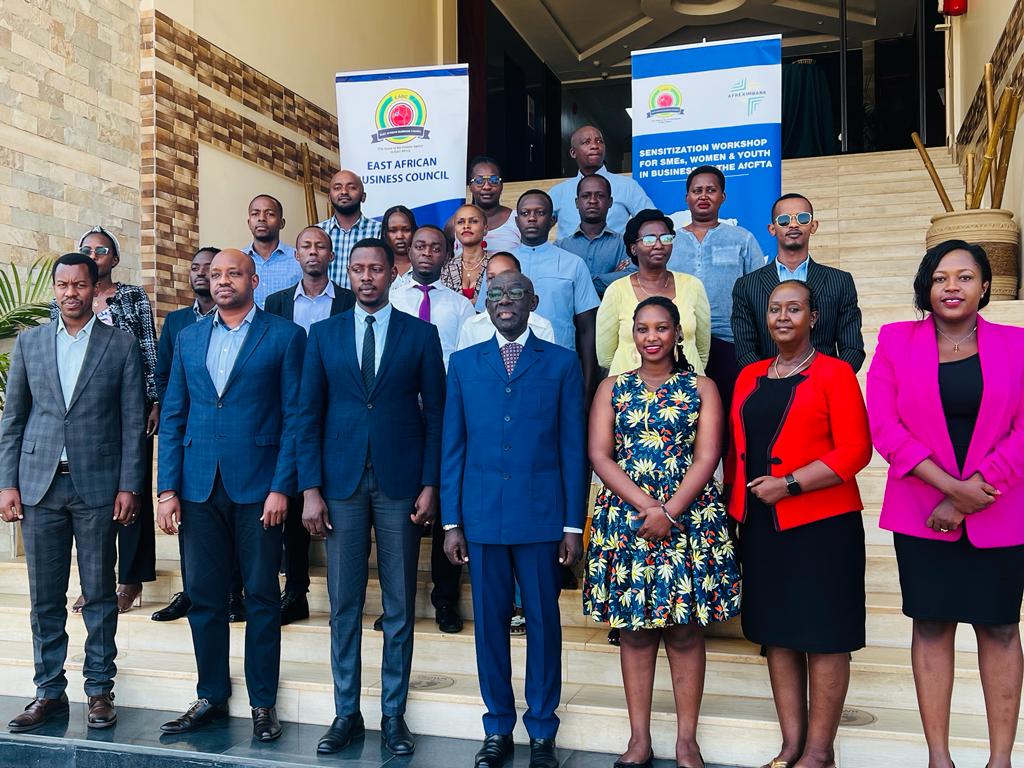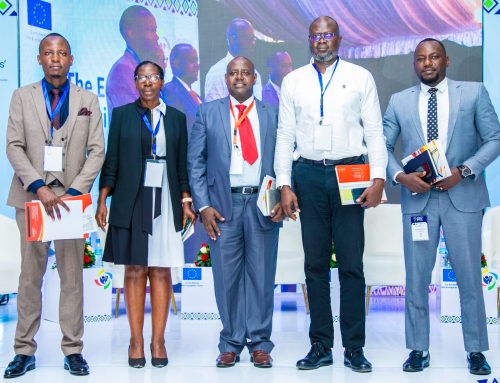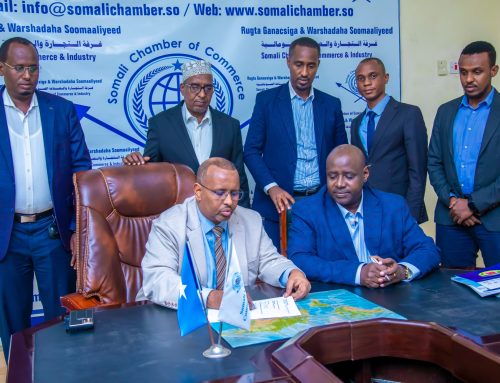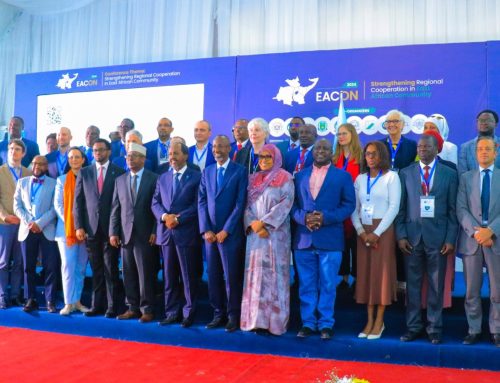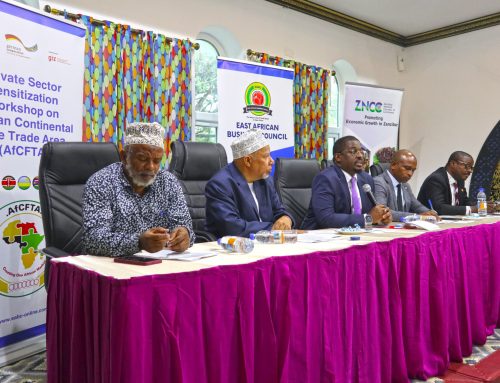Following the launch of the EABC-Afreximbank Partnership, which aims to promote intra-African trade by raising awareness about the African Continental Free Trade Area – AfCFTA, the East African Business Council (EABC) has organized a national sensitization workshop in Rwanda for SMEs and women in business regarding the AfCFTA Protocols and their relevance to businesses in the EAC Region on the 21st and 22nd of August 2023.
During the opening session, Mr. Dennis Karera, EABC Vice Chairperson in Rwanda, extended his appreciation to Afreximbank for their commitment to enhancing the capacity of the EAC private sector to capitalize on opportunities presented by liberalized trade in Africa under the AfCFTA arrangement.
He further stated that Africa currently accounts for only about 2% of global trade, with only 17% of African exports being intra-African. The AfCFTA presents an opportunity to enhance intra-African trade; however, member states still need to finalize different aspects of the Agreement, such as tariff offers and rules of origin.
To ensure effective implementation, EABC is building the capacity of the private sector, preparing them to commence trading with their continental counterparts, as the AfCFTA has already been in effect since January 2023. “We have intentionally chosen to prioritize Rwandan SMEs and women traders as beneficiaries who have started trading under the AfCFTA Guided Trade Initiative,” he remarked.
Mr. Fred Mugabe, Director General of Entrepreneurship and Industry Promotion at the Ministry of Trade and Industry in Rwanda, emphasized that Small and Medium Enterprises (SMEs) significantly drive economic development, contributing to nearly 90% of the GDP in the EAC.
Despite their crucial roles, many SMEs in Africa encounter numerous tariff and non-tariff barriers that impede cross-border trade. “The AfCFTA is designed to address these challenges across all member states, with a focus on scaling up intra-Africa trade and investment, particularly for SMEs,” he added.
Following the negotiation of 90% tariff liberalization, Rwanda has begun to reap economic benefits from the AfCFTA market by participating in the Guided Trade Initiative.
He concluded by commending the EABC for its outstanding advocacy work for the regional private sector, aiming to ensure meaningful cross-border trade and investment in the region. The workshop provides an opportunity to discuss the available opportunities within the AfCFTA arrangement and examine how the private sector should position itself to harness potential benefits.
The workshop included discussions on the description of the AfCFTA Agreement, the structure of the Protocol on Trade in Goods and its annexes, AfCFTA Instruments, as well as the opportunities available under the Guided Trade Initiative. The session was followed by testimony from the CEO of Igire Coffee, sharing their trading experience under the AfCFTA Agreement and its Protocols.

